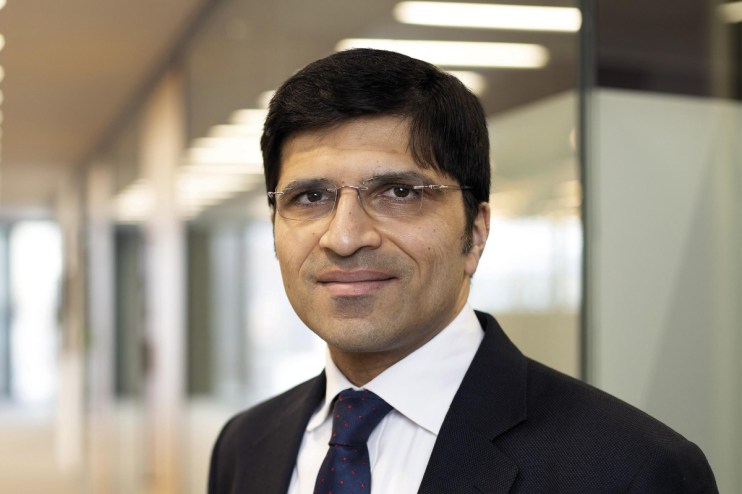City regulator: Concentration poses risk to markets

The boss of the Financial Conduct Authority (FCA) said “herding behaviour” and “market concentration” were posing new risks to the financial markets today as he warned investors to brace for volatility in the long term.
Speaking at the regulator’s market conference in Westminster, Nikhil Rathi said excessive daily swings had become a bigger concern to the City regulator after US economic data in early August sent markets into a spin.
The US jobs numbers triggered fears of a slowdown in the recovery of the world’s biggest economy and sent shockwaves through stocks globally. Japan’s Nikkei 225 index fell 12 per cent—its largest single-day fall since Black Monday in 1987—while the VIX index, which registers market volatility, rose over 60.
“Volatility per se is not the issue and should not be conflated with systemic risk. But excessive moves, especially intraday, due to runaway volatility that dislocate prices from fundamentals are the central concern,” he said.
Passive investment strategies and index funds had fuelled the ”interconnectedness” and “concentration” of the global financial system and “herding behaviour” was creating sharper price swings, Rathi warned.
He said the FCA was still “piecing together exactly what happened” in August to determine “if there are new systemic risks needing deeper examination”.
“A small blip can ripple across equities, fixed income, FX, commodities…or more recently, crypto,” Rathi said.
The warnings came as the regulatory chief announced the FCA was looking to ease liquidity requirements in the financial system to allow new types of trading firms to set up shop on the UK.
Officials are currently looking at adjusting rules that could encourage wholesale trading and boost liquidity. Such measures could open up the market to smaller outfits and break the dominance of major City banks.
“We know custom rules can work […] and can free up capital, and new entrants,” he said. “Tailored regulation for these specialised firms sparks growth and competitiveness while protecting market integrity.”
The changes point to a push from the watchdog to embrace more risk in the financial markets following a change to its mandate by the previous government last year.
Under a secondary objective, the regulator is now forced to consider the City’s competitiveness and the growth of the UK economy.
“We need a new mindset towards risk,” he said. “UK markets stay relevant because we are always open to reform.”